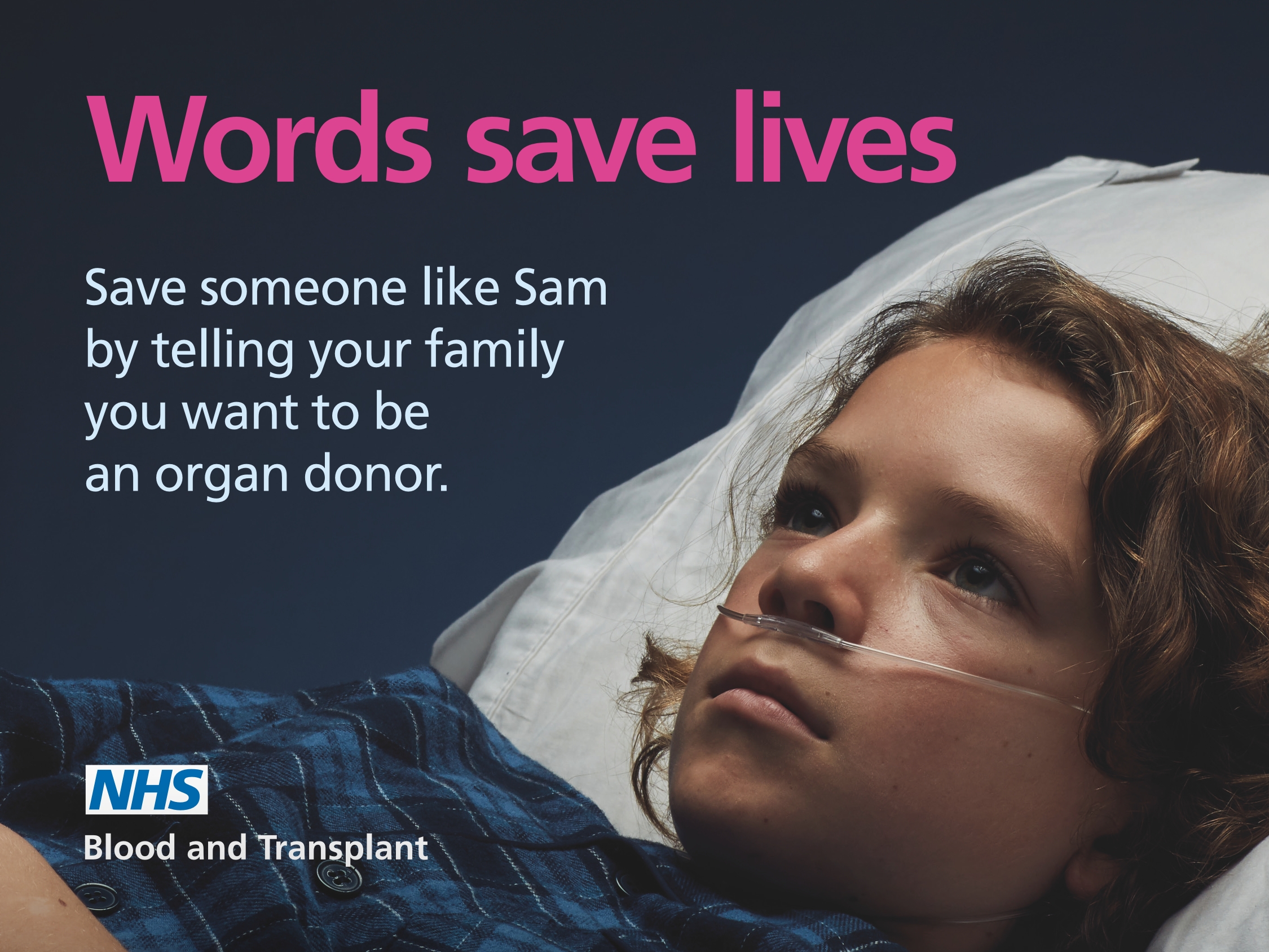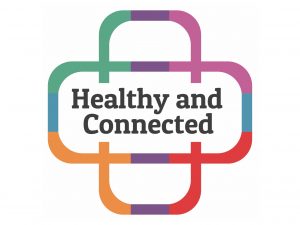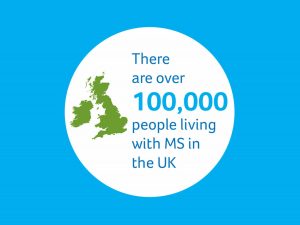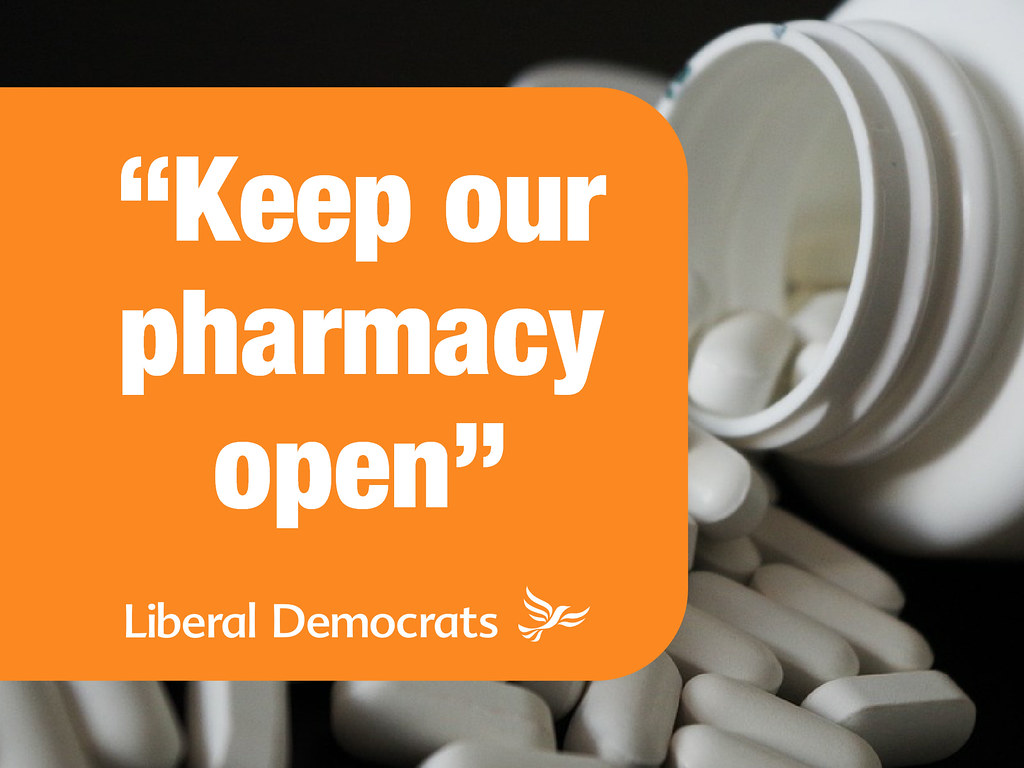Words Save Lives
This Organ Donation Week runs between September 3rd and 9th and asks one simple thing of us – to talk to our families about organ donation, today.
Many people have never talked about organ donation with their families. That means lost opportunities for donations because families don’t know whether a loved one wants to be an organ donor or not. That family support is crucial to donations taking place.
If we can make more conversations about organ donations happen we can increase the number of transplants and save lives.
There’s no time like the present, talk about it today. Talking about your organ donation decisions makes it easier for your family to support your decision and for you to support theirs.
You could help someone waiting for that vital call, by joining the NHS Organ Donor Register and by telling your family.
Jo Adamou, whose daughter Cissy has had a heart and a kidney transplant says:
“You don’t realise the impact having a child or anyone you love waiting for a transplant can have on you and the difference an organ donation can make. It’s incredible that people donate, words cannot describe how grateful you feel.”
Millions of people are on the NHS Organ Donor Register already but only one in every hundred will die in circumstances where they could donate, so every donor is precious.
Words Save Lives. Let’s get talking about organ donation.
If you want to learn more or watch and share the brilliant NHS organ donation videos or social media graphics then follow this link.




